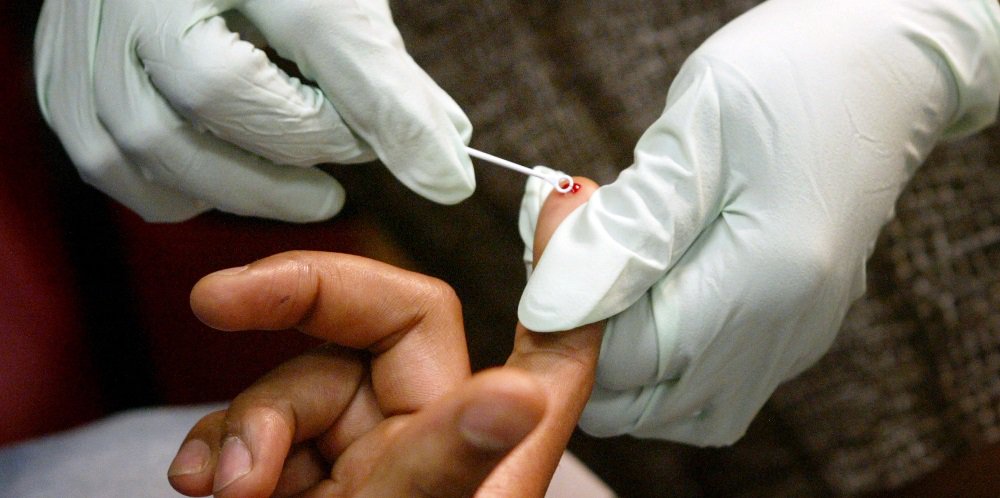Government announces plan to reduce gay blood donor restrictions
By Ross Semple

The deferral period in which gay and bisexual men can give blood will be reduced from 12 months to 3 months, it has been announced today (July 23).
The news comes after mounting pressure on the government from campaign groups to work towards an individual risk-based policy.
As it stands today, those affected by the restrictions (men who have sex with men and trans people assigned male at birth) have to wait at least 12 months after their last sexual encounter before being able to donate blood.

Before the 12-month restriction period was put in place just six years ago in 2011, men who sleep with men and trans people assigned male at birth faced a lifetime ban on blood donations, put in place in 1981 during the HIV/AIDS epidemic. It wasn’t until September last year that Northern Ireland lifted the lifetime ban and caught up with the policy that in place in the rest of the UK.
The government have also announced a long-term commitment to striving for an individualised risk-based policy as well as similar reduction in deferral periods for other groups affected by the 12-month restriction.
Campaign group FreedomToDonate today welcomed the Government’s new blood donation policy. Ethan Spibey, FreedomToDonate’s founder and director, reacted to the news by saying: “Today’s announcement from the Government marks a world-leading blood donation policy for gay and bisexual men and the other groups previously restricted. I’m so proud that the work of FreedomToDonate and our supporters will help ensure more people than ever before are allowed to safely donate blood.”

FreedomToDonate has been working tirelessly alongside the Department of Health and NHS Blood and Transplant to ensure the world-leading blood donation policy was introduced, in light of better testing measures which can detect HIV, hepatitis B, hepatitis C or syphilis within three months.
Stewart McDonald MP, co-chair of the FreedomToDonate-launched APPG on Blood Donation, who led on the parliamentary inquiry, welcomed the reduced deferment period as integral in ensuring an increase in blood stock and expressed his approval of the amendment of the ‘outdated’ restrictions.

Ruth Hunt, chief executive of Stonewall, said the change was “welcome” but stressed that there is more work to be done. “While this is an important move, it’s vital that this is a stepping stone to a system that doesn’t automatically exclude most gay and bi men. We would like to see individualised risk assessment, and are encouraged that the Government and NHS Blood and Transplant Service are committed to exploring how to do this.”
An announcement of when the policy will come into effect is expected in due course.
The government also announced a consultation to help ‘streamline’ the legal process for gender transition in the UK.
Words by Marcus Wratten
More stories:
‘Queer as Folk’ celebrates 18th anniversary: Where are the cast now?
Is a gay version of ‘Love Island’ in the works?
